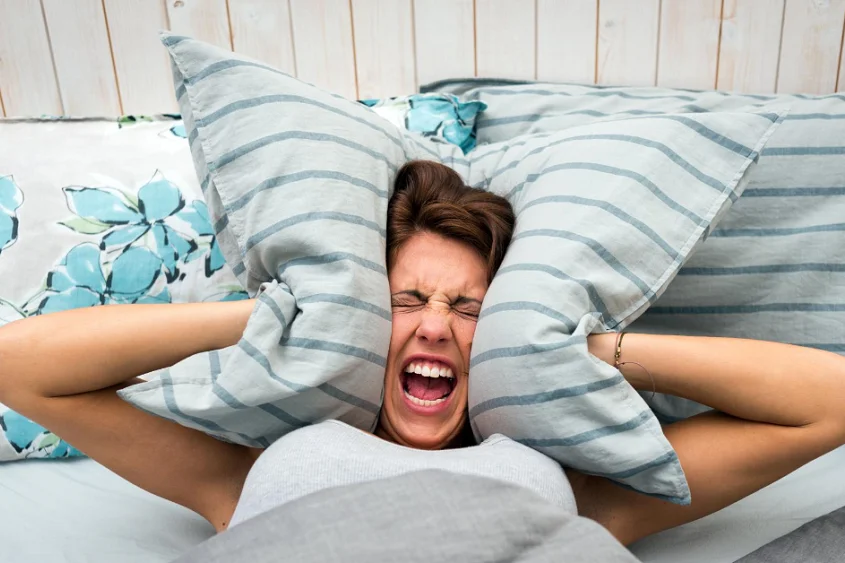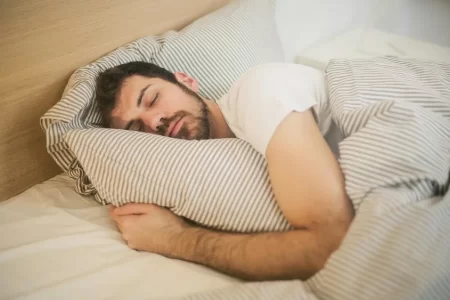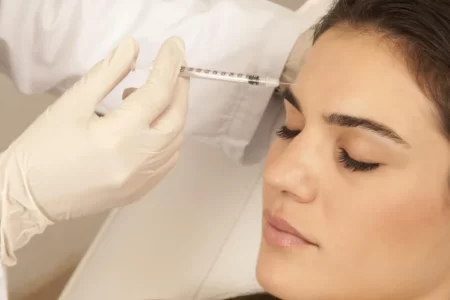Amid rising concerns about the prevalence of sleep disorders, social media often remain abuzz with the latest trends, enlightening followers about how to enjoy a sound nap at night. If you are on one of those channels, you must have heard about lettuce water and bed rotting. Bed rotting is spending considerable time in bed during vacations or weekends and relaxing. All these grabbed everyone’s attention because of the potential to offer sleep-related benefits. It’s challenging to say if these are fads or genuinely helpful. However, sleep accessories like mouth tapes have gained some ground. This wellness trend supports breathing through the nasal passage at night, directly contributing to good quality sleep. It also helps with focus, cognitive power, and heart health.
If you’re dealing with mild sleep apnea or other sleep issues, why not consider mouth taping? It’s a straightforward and readily available solution. You might be wondering which product to choose. One option is Lulltape. But why exactly do people use mouth tape for sleep? Let’s delve into this right away.

Mouth Taping
It’s a common wisdom that nasal breathing is healthier than mouth breathing. When you inhale from your nostrils, you get humid and filtered air for your lungs. As a result, the air circulation in the airways remains smooth and well-maintained. Doctors say that nasal breathing also enables lungs to be elastic, aiding in the easy assimilation of oxygen with blood. All these combined effects eventually lead to better sleep. One who sleeps well can regulate his stress levels efficiently and be more alert. So, the purpose of using mouth tape is precisely this – enhancing respiration from the nose. You wear the tape across your lips horizontally or vertically and retire for the night after ensuring it has settled well.
Sleep Benefits Derived From Mouth Taping
Patients with mild OSA often suffer from snoring. Some studies suggest mouth taping’s viability in improving the baseline symptoms in some patients. Because sleep has a therapeutic quality, you can feel more energetic in the morning after waking up. When you tape the mouth, you may experience less restlessness and other sleep-disruptive conditions. Since mouth breathing leads to dry mouth and eventually to disturbed sleep, you can also find relief in this area with mouth tapes. Once you shut the lips with the carefully designed tape, you compel the air to travel through the nasal path, preventing mouth dryness.
Someone with anxiety issues can also rely on this sleep device. Breathing from the mouth can trigger fight-or-flight stimuli due to quicker, thin breaths. Conversely, nasal respiration involves slow, deep breaths that cause a calming sensation in the body, reducing anxiety. Even asthma patients can improve their sleep quality with mouth tapes, as the air circulation promoted by nasal breathing is free of allergens that aggravate their symptoms.
The references might be anecdotal and require more profound research. However, people who used mouth tapes correctly have noticed significant sleep improvement. It may require initial adjusting to this device, but things become smoother once you develop familiarity. You can experience better sleep and improved morning mood. Hence, this hack is worth trying.






